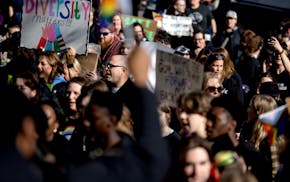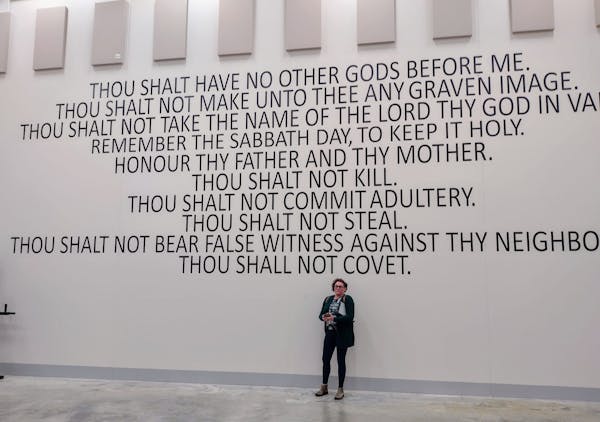Libyan leader Moammar Gadhafi, his son Seif, and his chief of military intelligence, Abdullah al-Sanoussi, are wanted men.
Not just by Libyan rebels fighting what has become a civil war, or by NATO forces prosecuting a United Nations mandate to protect civilians, but now by the International Criminal Court in the Hague, which on Monday issued arrest warrants for them for crimes against humanity.
The indictments are a welcome, but also complicating, development.
A legal framework has now been established to hold the three accountable for murdering peaceful protesters. (Gadhafi has a decades-long history of terrorism, but the indictment only covers Libya's version of the "Arab Spring.")
While the wheels of international justice grind slowly, they can eventually work, as in the case of two former presidents similarly indicted, Liberia's Charles Taylor and Serbia's Slobodan Milosevich.
Gadhafi has clearly lost legitimacy with most Libyans, just as he long ago did with Western governments. Now other world leaders have incentive to isolate him the same way they do Sudanese President Omar Bashir, who also faces an indictment from the court.
But the indictment may also complicate attempts to find a diplomatic settlement to the war. That scenario most likely would have involved Gadhafi fleeing Libya and seeking asylum in another country. The few countries that may have been willing to take him now may not, for fear that they would be pressured to turn him in.
Despite the diplomatic difficulties, the indictments are still legally and morally right. And besides, Gadhafi has shown no inclination to explore diplomacy. Instead, he appears set to fight to the finish.
What the indictments may accomplish is convincing more members of his inner circle that it's not a question of if, but when, Gadhafi goes. To save themselves -- from the rebels, and possibly from the ICC -- some may defect or take matters into their own hands.
The seriousness of the international response contrasts with the political gamesmanship of the Obama administration and many members of the GOP-controlled House of Representatives.
Obama is still trying to convince Congress that while the administration welcomes a resolution of support, it need not seek it, because the country's support role in NATO's effort doesn't rise to the level of "hostilities" called for in the War Powers Resolution.
This is absurd. We're supporting a NATO air war that has killed many, including one of Gadhafi's other sons. That's hostile action.
And the GOP seemed to be more focused on fighting Obama than supporting the war effort when most of its House members -- as well as 70 Democrats -- rejected a bill to authorize the military action in Libya, but failed to cut off funding for the operation.
In an interview with the Star Tribune Editorial Board on Wednesday, Rep. John Kline, R-Minn., rightly called Obama's position "misleading" and "disingenuous," but he added that lawmakers "got to this crazy position of people voting yes and no for exactly the same reasons, and so the signal it sends is mixed, at best."
The United Nations Security Council, NATO and the International Criminal Court recognize we are at war, however low-level, in Libya. The Obama administration and Congress should, too.
* * *
To offer an opinion considered for publication as a letter to the editor, please fill out this form. Follow us on Twitter @StribOpinion and Facebook at facebook.com/StribOpinion.
Readers Write: Presidential immunity, Sen. Nicole Mitchell
![O'Shaughnessy Stadium was photographed at the University of St. Thomas' St. Paul campus on Friday, Nov. 6, 2020. ] AARON LAVINSKY • aaron.lavinsky@s](https://arc.stimg.co/startribunemedia/4T767TPWMLRIJRHF67U45OBYDM.jpg?h=91&w=145&fit=crop&bg=999&crop=faces)
Editorial counterpoint: St. Thomas does work with its neighbors
Troubling talk on campus protests

Counterpoint: Anoka-Hennepin's DEI policies actually do warrant a debate

